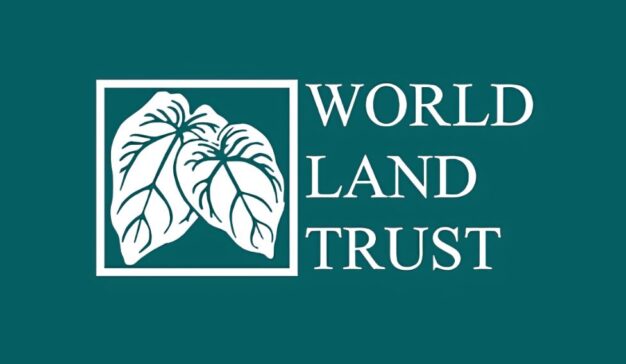Oceans 5
(Oceans 5)

-
Granted
£4.8m
-
Year
2024-26
-
Location
Global
Overview
Oceans 5 (O5) is the world’s leading funders’ collaborative with experienced staff in multiple countries that speak over a dozen languages. It was founded in 2011 by four philanthropic institutions and now includes nearly 30 donor organisations that provide over $20 million annually into a pooled fund. They use this pooled fund to support organisations working in all five oceans. O5 makes direct grants, leverages matching grants, provides in-kind services, and shares strategic guidance to support its grantees. Since its inception in 2011, O5 has provided over $150m in grants and supported over 130 projects in more than 90 countries and regions. O5 has in-country staff in Latin America, Asia, Europe and Africa.
O5 seeks to align major international donors on a series of ocean conservation priorities and activities. O5 strongly encourages collaborative grants involving multiple organisations working toward common policy objectives. By aligning donors and grantees on a narrow set of priorities, they help present more unified and focused appeals to decision-makers and influencers at international, national, and local levels of government.
The Board of Advisors has refined its overarching portfolio goals of the pooled fund that includes, but is not restricted to, the following areas:
- Marine Protected Areas: Contributing to 30% coverage of the world’s oceans by 2030 by prioritising developing strongly protected areas. With the new High Seas Treaty, O5 will add a focus on large high seas areas that will disproportionately contribute to the global goal.
- Fisheries Management:
- Contributing to sustainable global fisheries by eliminating illegal, unregulated and unreported (IUU) seafood products from entering the largest markets, including the European Union, United States, Japan and China;
- Expanding the use of emerging technologies for monitoring, control and surveillance in globally significant fisheries and small-scale fisheries;
- Securing new regulation, reporting and management controls on distant water fleets in significant countries and regions like China, Japan, Taiwan, Korea, Spain and the United States; and
- Implementing scalable small-scale fisheries models that may include spatial management approaches.
Notable, high-impact projects to date include:
- Antarctic Protected Areas – A multi-year grant that resulted in the largest fully protected marine reserve on the planet in the Ross Sea.
- US Seafood Monitoring Program – Oceana and the World Wildlife Fund (WWF) engaged senior government officials in the White House and the US Congress to secure a Presidential Executive Order and a new federal regulation that requires traceability for seafood imported into the US.
- Japan Fisheries Management Reforms – A coalition of Japanese organisations secured the first major reform of the fisheries law in 70 years, which included import control regulations for the world’s third-largest seafood market.
- Arctic Protected Areas – Several grantees worked to secure new marine protected areas, including the Arctic’s largest fully protected area in Russia’s New Siberian Islands.
ERF is contributing to O5’s pooled fund.
